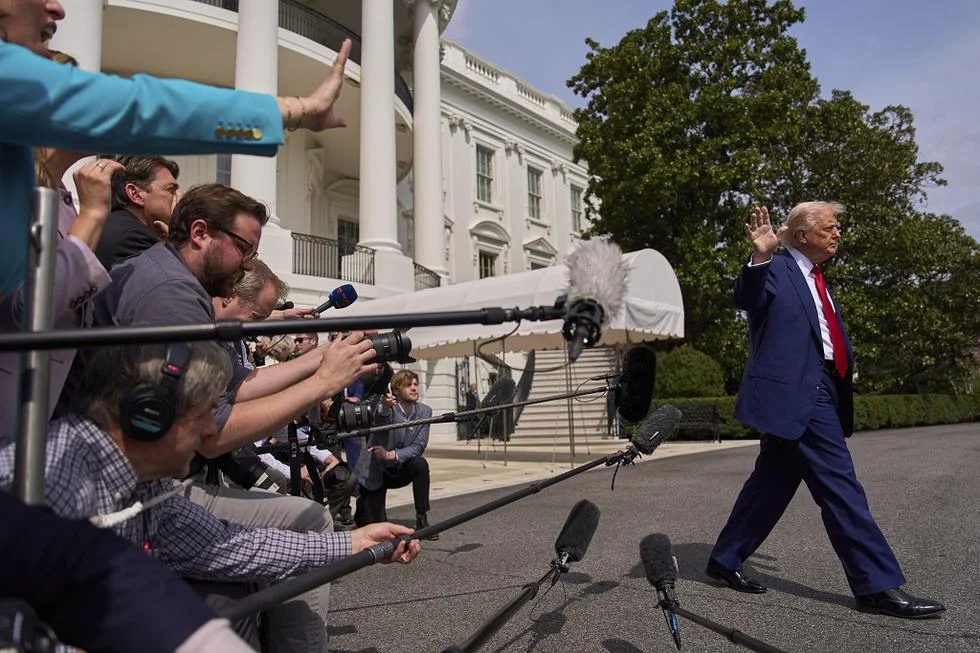
The Fragile Balance Of Power: How Trump’s Tariff Flip Shows Why Dictatorships Fail
In recent days, a sudden and dramatic reversal of trade policy by President Donald Trump has reignited debate about the importance of America’s constitutional system—and the dangers that arise when separation of powers falters. This episode, marked by the abrupt suspension of the president’s controversial tariffs, highlights not only the volatility of markets under arbitrary rule but also the persistent risks to democracy when checks and balances erode.

The scene unfolded amid plummeting stock prices, investor panic, and feverish calls flooding into the White House from concerned Republican donors. Seemingly on a whim—an "instinct," as Trump described it—he lifted most of his self-imposed tariffs, only to leave the door open for their potential return. The rushed decision amplified anxieties across the political and economic spectrum, with many observers pointing to a breakdown of legislative oversight. As one account summarized, the legislative and judicial branches—designed by the Constitution’s framers specifically to curb executive excess—stood by while the president exercised near-absolute authority over global economic policy.
Analysts argue this episode perfectly encapsulates what the Founders feared most: an unchecked leader wielding enough power to destabilize not just the U.S. economy, but the global order. As James Madison warned in Federalist No. 47, the “accumulation of all powers, legislative, executive, and judiciary in the same hands ... may justly be pronounced the very definition of tyranny.” The parallels are chilling, with Congress noticeably silent and the cabinet populated by loyalists rather than independent voices.
The economic consequences have been profound. Wall Street, and indeed the wider global markets, responded in turmoil to Trump’s unpredictability. But it wasn’t only markets that resisted; public opinion also surged against the sudden price spikes and the perceived rise in presidential autocracy. According to informed commentary, democracy—if battered—ultimately restrained Trump, but so too did the interests of big business. As one analyst observed, Congress’s reluctance to check the executive paved the way for chaos, reminiscent of the regulatory failures that preceded the Great Depression.
This collision of power dynamics is not lost on commentators at home and abroad. One sharp-tongued review of the week labeled Trump a “complete and utter chaotic clown”—reflecting widespread frustration with a style of governance that disregards both expertise and broader consequences. Meanwhile, the voices of many Americans echoed concerns that if protections against absolute rule continue to erode, both democracy and prosperity could be at stake.
As the dust settles on this episode, two lessons emerge. First, the often-maligned slowness of democratic process and compromise is precisely what safeguards against the destructive caprice of one-man rule. Second, institutions matter—yet only as much as those who inhabit them choose to use their power purposefully. Unless Congress and the courts reclaim their designated roles, the spiral of instability may continue, with tangible costs for all.
Do you see today’s events as a wake-up call or a symptom of deeper dysfunction? Share your thoughts below—what needs to change to restore true balance in America’s governance?